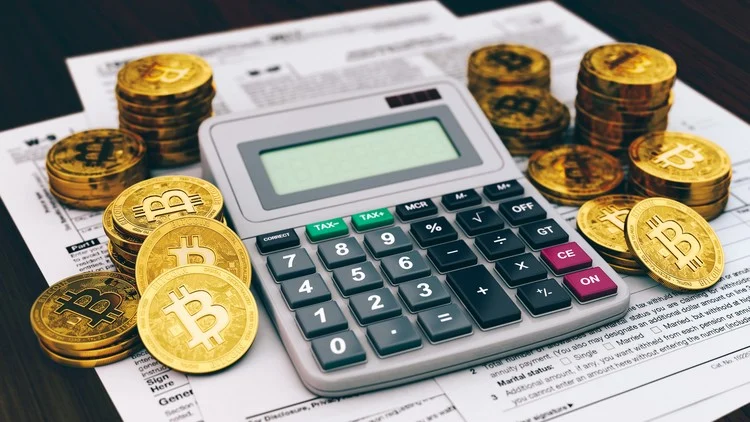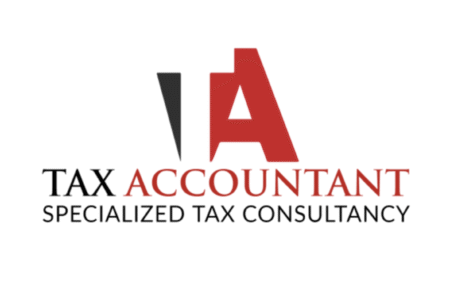If you’ve ever bought some crypto just because, maybe Bitcoin, Ethereum, or that new coin your friend told was “about to blow up”—you’re not alone. Maybe you even made a few trades here and there. A little up, a little down… but if someone asked you right now how much you’ve really earned or lost in total, would you know?
Most people can’t answer that. And it’s not because they’re bad at math. It’s because crypto taxes are confusing, especially if you’re new to the game. That’s where a crypto CPA (Certified Public Accountant who specializes in crypto) steps in.
Crypto Isn’t Just “Buy Low, Sell High” Anymore
A lot of beginners think crypto gains are simple: You buy a coin at one price, sell it at a higher price, and boom—you made money.
But here’s where it gets messy:
- What if you traded one crypto for another?
- What if you used crypto to buy something online?
- What if you got free coins from an airdrop or staking?
Each of those could count as taxable events—and if you’re not tracking them correctly, you could be under-reporting or over-reporting without even realizing it. That’s a huge deal when tax season rolls around.
What a Cryptocurrency Tax Accountant Actually Does
A cryptocurrency tax accountant isn’t just someone who files your taxes. They help you see the whole picture of your crypto activity.
Here’s how they help:
- Track every move: Whether it’s buying, selling, staking, swapping, or earning rewards, they’ll help you record all of it correctly.
- Calculate gains and losses: You’ll finally know what you really made—or lost.
- Avoid IRS mistakes: Reporting crypto incorrectly can lead to penalties. A crypto CPA helps make sure everything lines up.
- Stay ahead of changing rules: Crypto laws aren’t set in stone. They’re changing constantly. A professional stays updated so you don’t have to.
Why Doing It Alone Isn’t Worth the Risk
Trying to handle crypto taxes with just a regular tax app or spreadsheet can be a nightmare. You might miss transactions, mix up dates, or forget about that random altcoin you swapped six months ago. And the worst part? The tax office doesn’t care if it was an honest mistake.
A good crypto CPA takes away that pressure. They understand both “crypto” and “tax,” so you don’t have to Google every term or second-guess your numbers.
Real Talk: It’s About More Than Just Taxes
Yes, saving money on your tax bill is a huge win. But having a cryptocurrency tax accountant also helps you make smarter moves year-round. They can advise you on:
- When to sell or hold
- How to offset losses
- What records to keep (and what you can toss)
- How to stay ready in case of an audit
To Conclude,
If you’ve been dabbling in crypto and feeling unsure about what you owe (or don’t), you’re not alone. But guessing your gains and losses isn’t a strategy—it’s a risk.
Partnering with a crypto CPA or a trusted cryptocurrency tax accountant can turn your crypto chaos into clarity. You’ll know where you stand, what you owe, and how to play smart moving forward.
In crypto, knowledge really is power. And when it comes to taxes, it could save you more than just money, it could save you from making some serious mistakes.












